How to Avoid Being Sued Before you hit 30...
Newly qualified Dentists like myself are facing some shocking statistsics nowadays: in a recent talk by Raj Rattan we were told that we will be faced with litigation a mere 8 times on average! That's around once every 5 years throughout our career!
The UK now has the second highest litigation against Dentists, overtaking America and only just being beaten by Iran!
Recently, I attended a day of workshops run by Dental Protection in managing risk and minimising the likelihood of being sued. They run a series of 4 workshops which focus on:
- Mastering Risk
- Mastering Adverse Outcomes
- Mastering Difficult Interactions
- Mastering Consent
Here is a brief summary of some of the ways to help minimise your risk of litigation. See another post about 'Why people complain.'
What makes an interaction difficult?
Difficult situations may arise from interactions of the following 3 factors:
- Patients e.g. demanding, unrealistic expectations, anxiety, language barriers, financial situations, medical history etc.
- Environmental e.g. time pressures, lack of or faulty equipment, NHS dentistry?
- The Dental team e.g. poor communication between members of the team, lack of skill, poor teamwork, personal problems
We then can alter the way we communicate if we perceive a situation to be difficult such as in non-verbal signals and greetings.
How can I deal with difficult interactions?
Choose an emotionally intelligent response!
- Recognise and diagnose the difficulty of the situation - 'We're having difficulty agreeing on what course of treatment to take aren't we?'
- Support the patient e.g. active listening and empathy, as well as using tension skills e.g. acknowledging the problem and stating your boundaries
- AID model
Acknowledge the patient's position
Inform them about your position
Discuss a way forward
What if things don't get resolved?
Sometimes when you are unable to come to an immediate solution with a patient. In these cases:
- Ensure expectations are realistic
- Talk to trusted colleagues
- Time a time out
- Identify, develop and use support systems e.g. Indemnity provider
Why do you need consent?
Consent in dentistry is essential but can be a bit of a grey area. Consent is defined as:
'permission for something to happen or agreement to do something'.
In order for consent to be valid, a patient must have:
- Autonomy i.e. make the decision for themselves
- Capacity i.e. understand and assimilate information in order to make a decision which they can communicate
- Adequate information i.e. risks, benefits, costs of treatments as well as the consequences of doing nothing
If you do not obtain valid consent, any treatment you provide may be seen as battery and you could be deemed negligent by the General Dental Council if they get wind of it!
What is Shared Decision Making?
I briefly mentioned this before in my EBD post, but coming to a decision and involving the patient in this process helps establish trust, you can also check patient understanding as well as learning about their values.
70% of litigation is related to poor communication from the dentist and patients often prefer a collaborative role, so by using a shared decision making approach you can increase patient satisfaction and reduce the risk of litigation.
But what would you do?
A lot of patients ask this and it may seem that your shared decision making approach has failed but a lot of patients are overwhelmed with the treatment options you give them and so reiterating the choices or rephrasing the way you answer can facilitate their own choice for example:
'It sounds like you really don't like the idea of having a tooth taken out, so if I were you, with your values and feelings, I might choose to have a root canal treatment over an extraction.'
If they really don't state a preference and want to go with your recommendation, then always document this on their notes!
 |
| The set up for the workshop |
Sorry that the title of this post is rather pessimistic, I'm not usually one for propagating the negativity that is spreading through our profession like the plague, but figures don't lie and gone are the days where there was only a 1 in 3 chance of getting sued!
Minimising the risk of complaints is a vital skill we all need to acquire as well as learning how to handle complaints locally if they arise so things don't escalate any further!
Thanks to Dental Protection and Daniel Shaffer for running these educational workshops - I would highly recommend them to all dentists, but especially to Foundation Dentists like me!
Have you attended one of these workshops by Dental Protection? Please leave any comments or thoughts below!

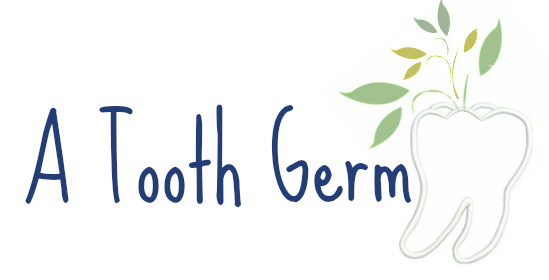
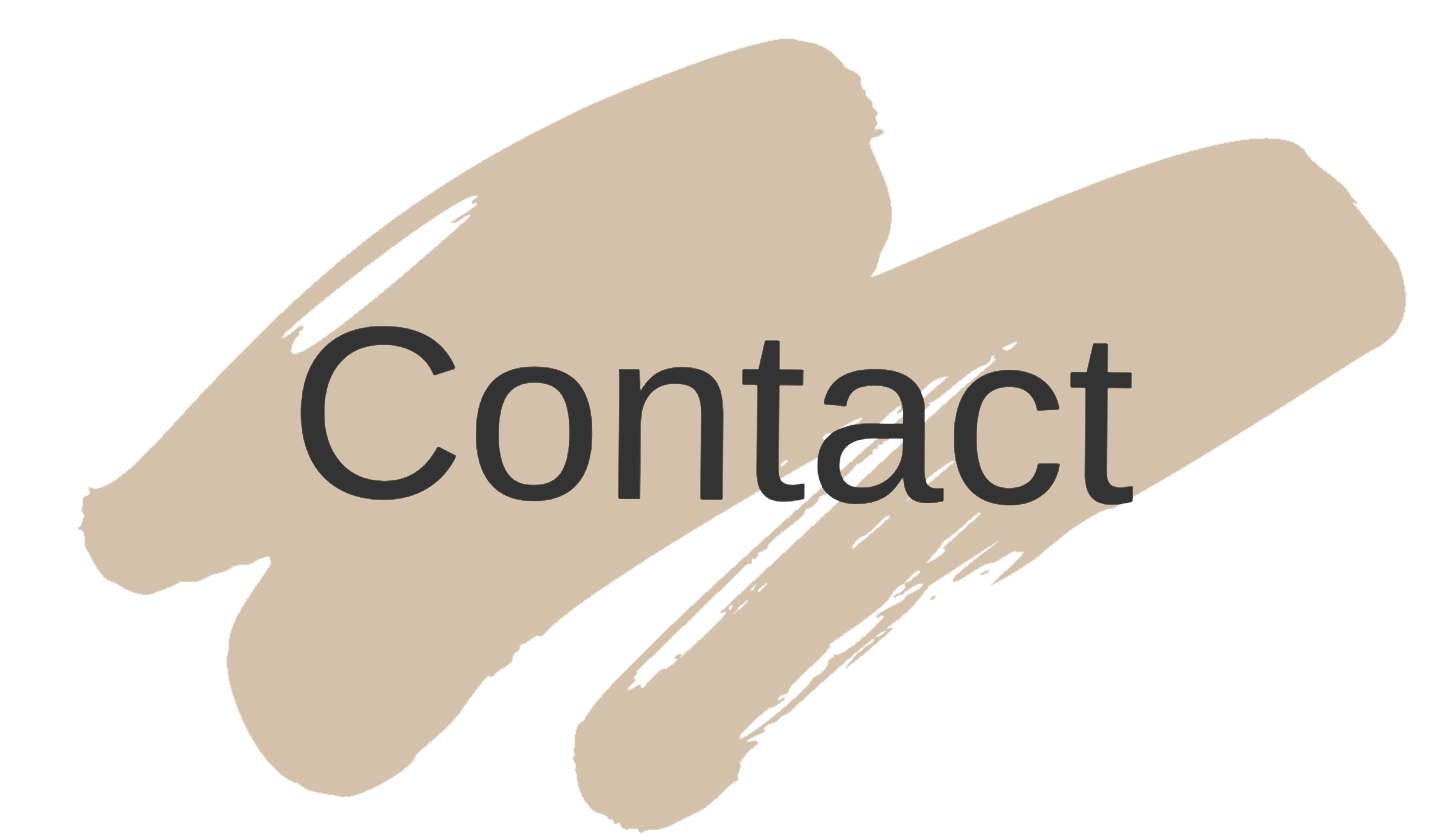


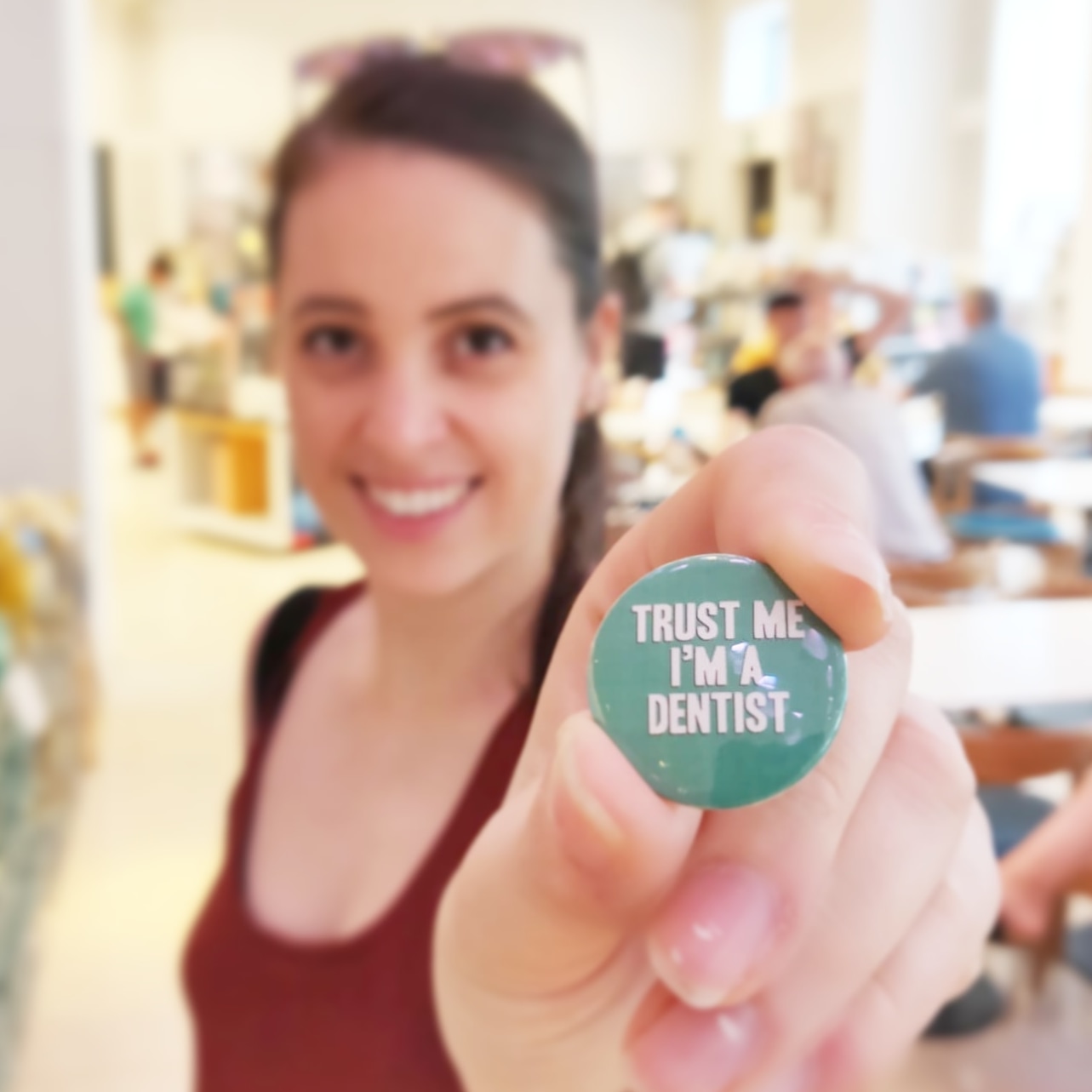





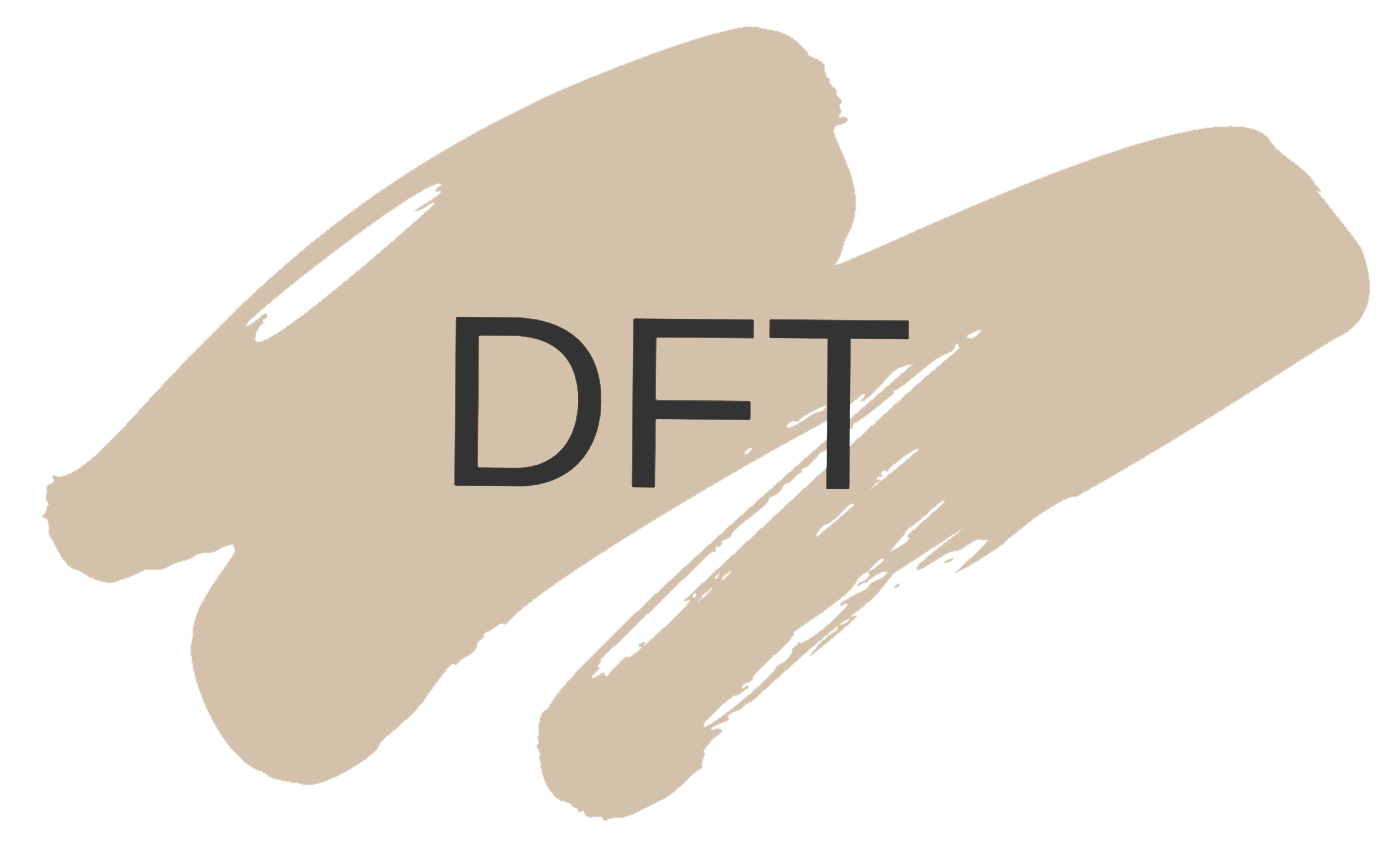

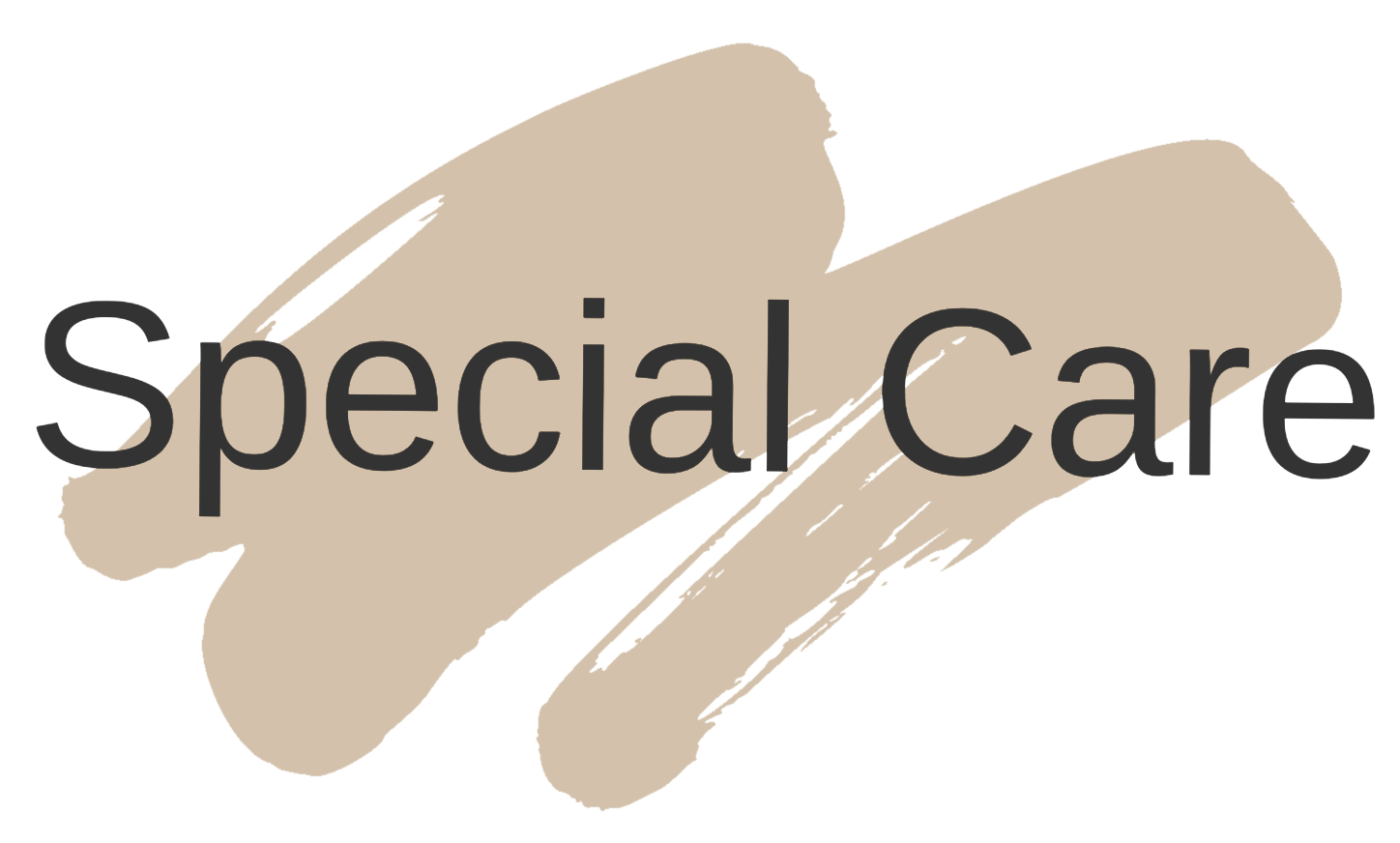
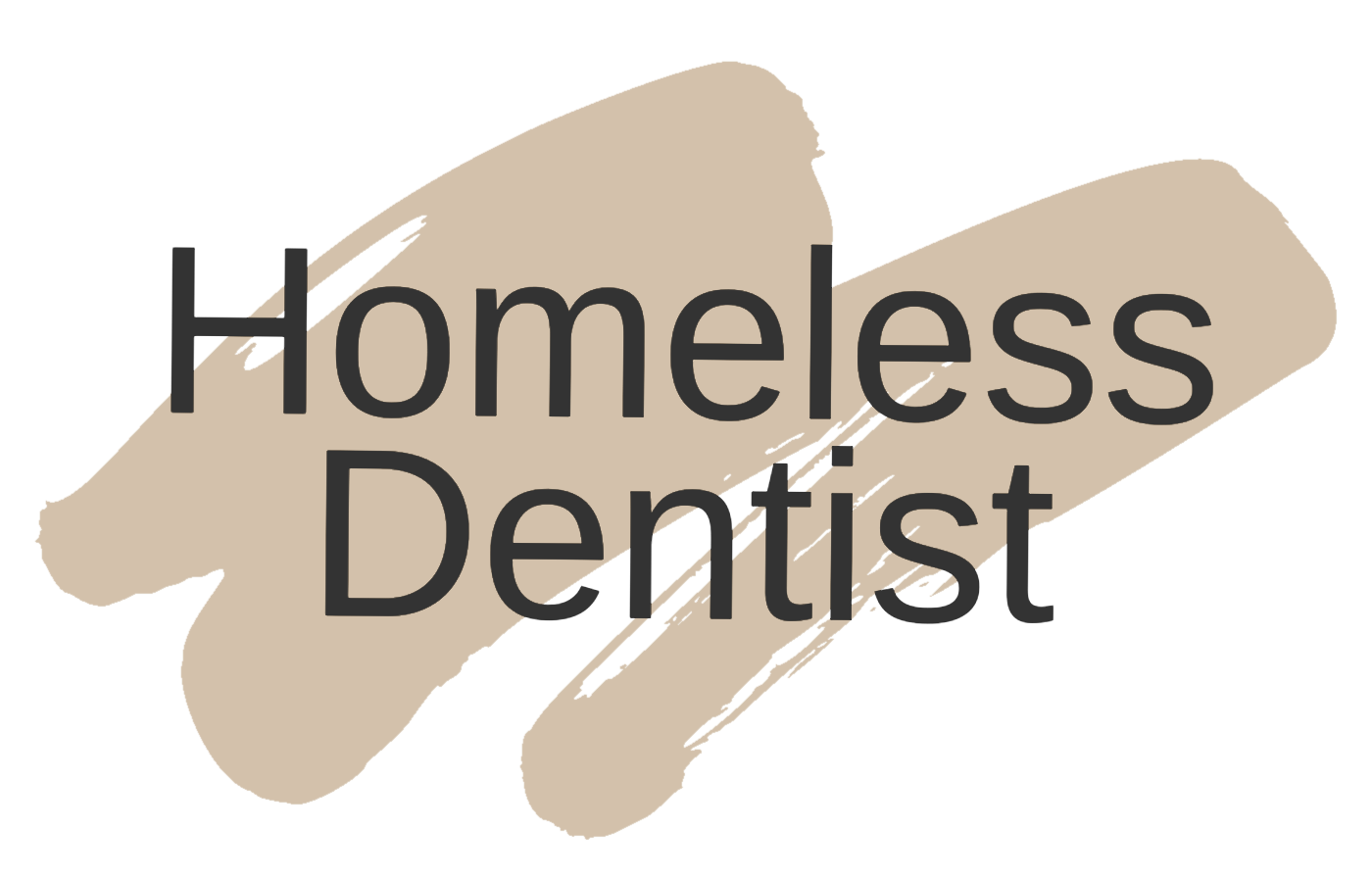



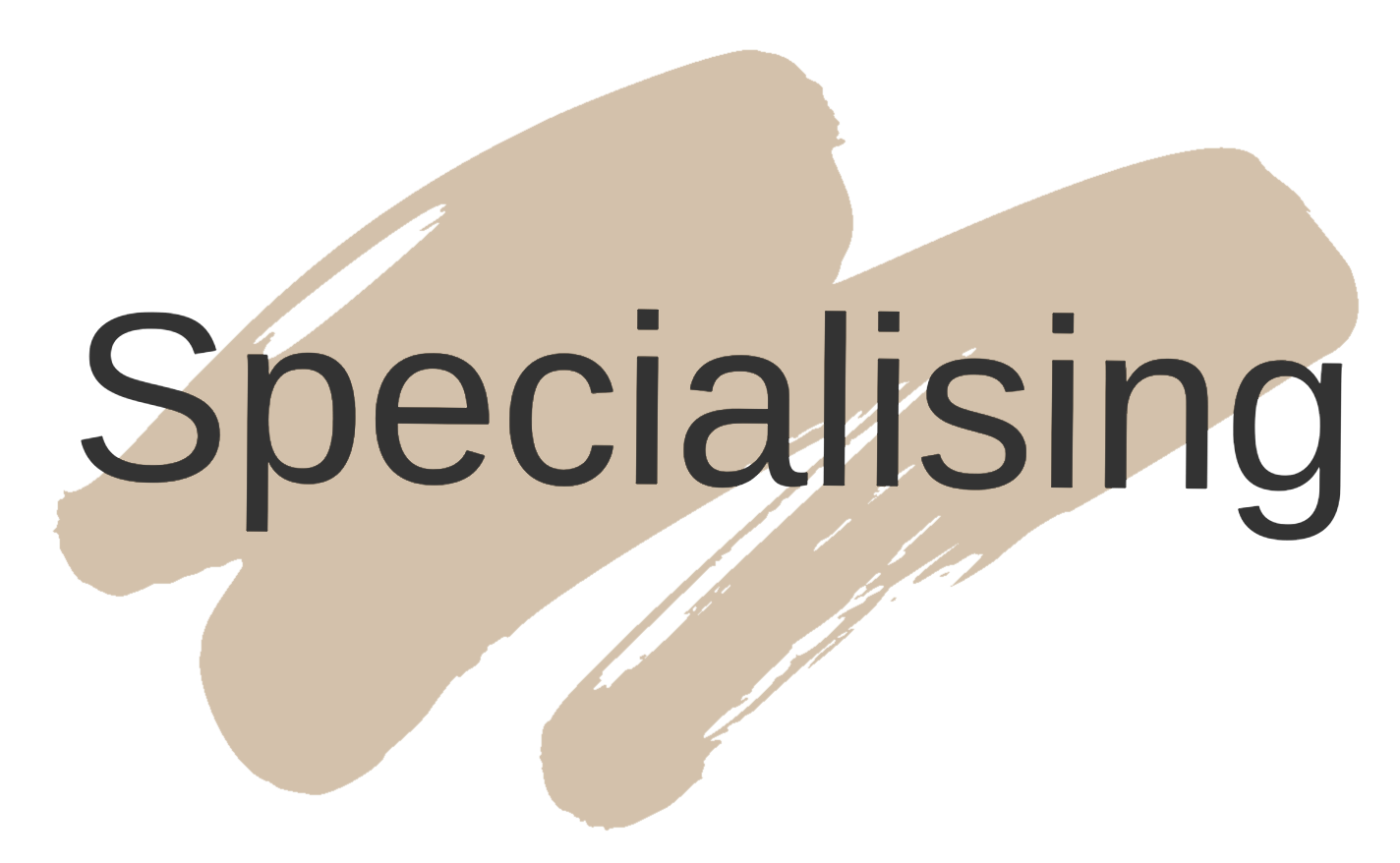
0 comments